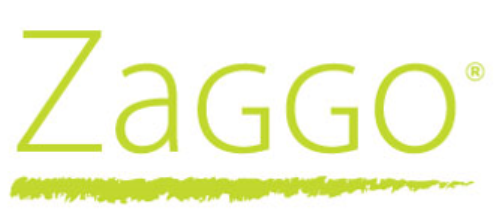
07 Oct The Importance of Taking Notes at Medical Appointments
You listen carefully as your doctors discuss diagnoses, tests, procedures, and medications. But when you don’t take notes, it’s hard to remember what you hear. In fact, research shows that most patients struggle to correctly remember what doctors say during appointments. The importance of taking notes at medical appointments cannot be understated – it can help you get the best care and outcome possible.
It’s hard to remember medical information you hear at doctors’ appointments.
Researchers found that 40-80% of medical information provided by healthcare professionals is forgotten almost immediately. Moreover, of the information that was remembered, 50% is incorrectly remembered.
Additionally, research shows that receiving bad news, such as a cancer diagnosis, can make it harder to process information and form memories.
Why is correctly remembering medical information important?
Simply put, if you can't correctly remember and process medical information, it is difficult, if not impossible, to take the steps needed to get the best outcome possible.
In fact, research shows that without clear information and an understanding of the information's importance, patients are more likely to:
- Skip needed medical tests.
- End up in the emergency room.
- Have difficulty managing chronic illnesses.
For example, forgetting what your doctor tells you can make it hard to properly follow their recommendations and make decisions regarding your care.
Taking notes helps you take charge of your medical information!
Even with the widespread use of electronic health records (EHRs), doctors cannot easily share their notes, medications prescribed, test results and other pertinent patient information.
Why? Many reasons, including:
- Not all EHRs communicate with each other. In fact, right now, most don't.
- EHRs do not allow the doctor to record the patient's entire story, or the doctor's reasoning, leaving an incomplete picture for other doctors on your team.
- Doctors frequently do not communicate with each other – lacking communication up to 70% of the time.
What about typing notes instead of writing?
I strongly recommend you write instead of type.
Why? Most importantly, handwriting notes can make it easier to understand what you hear.
A study on note taking by college students found that students who took handwritten notes remembered the material better, and were able to synthesize the information better, than students who typed notes on a laptop.
Additionally, several other studies have shown the benefits for learning when taking notes by hand, as compared to taking notes on laptops.
I’m guessing these findings translate to taking notes at medical appointments.
Four more reasons to take handwritten notes:
- It's easier to maintain eye contact with your doctor while writing on paper versus typing.
- If you use a tablet, phone, or laptop, auto-correct can make it hard to decipher what you meant to type.
- Space is often tight in a doctor's office, making it hard to use a laptop.
- You don’t have to worry about dead batteries, or outlets for power cords.
What about recording appointments?
In addition to taking notes, it’s a good idea to record your appointments so you, and your loved ones, can listen to each conversation as many times as desired. Interestingly, several studies found that patients had better recall of information when receiving audio recordings of their visits.
Importantly, some states require consent from both parties before recording. However, no matter where you live, it’s polite to ask your doctor prior to recording.
What should you do?
- Importantly, don’t wait until you get home to take notes. Don't even wait until you get in your car.
- During each appointment, write down important information on your diagnosis, treatment options, follow-up care, medications, testing, next steps, and any other pertinent information.
- Use a notebook to record all your notes – don't rely on scraps of paper which can be hard to find and organize.
- Use your notebook at home to record your questions for your doctors, side effects, symptoms, and other important information.
- If you think it would be hard for you to take notes during an appointment, bring someone to take notes for you, or record the appointment.
Bring your notes, along with other relevant documents, to each medical appointment – including emergency room visits.
Roberta Carson started Zaggo, a nonprofit organization, to help patients and family caregivers manage illnesses and injuries, after her experience as caregiver for her teenage son Zachary during his battle with terminal brain cancer. The unique, award-winning ZaggoCare System provides patients and families with the educational information, tools, and resources they need to become empowered, engaged, effective members of their medical teams for the best possible care. Additionally, the Zaggo blog offers helpful advice for patient and family caregivers. 100% of the profits from the sale of ZaggoCare are donated to pediatric brain tumor research in memory of Zachary.
About Triage Cancer
Triage Cancer is a national, nonprofit providing free education to people diagnosed with cancer, advocates, caregivers, and health care professionals on cancer-related legal and practical issues. Through events, materials, and resources, Triage Cancer is dedicated to helping people move beyond diagnosis.



